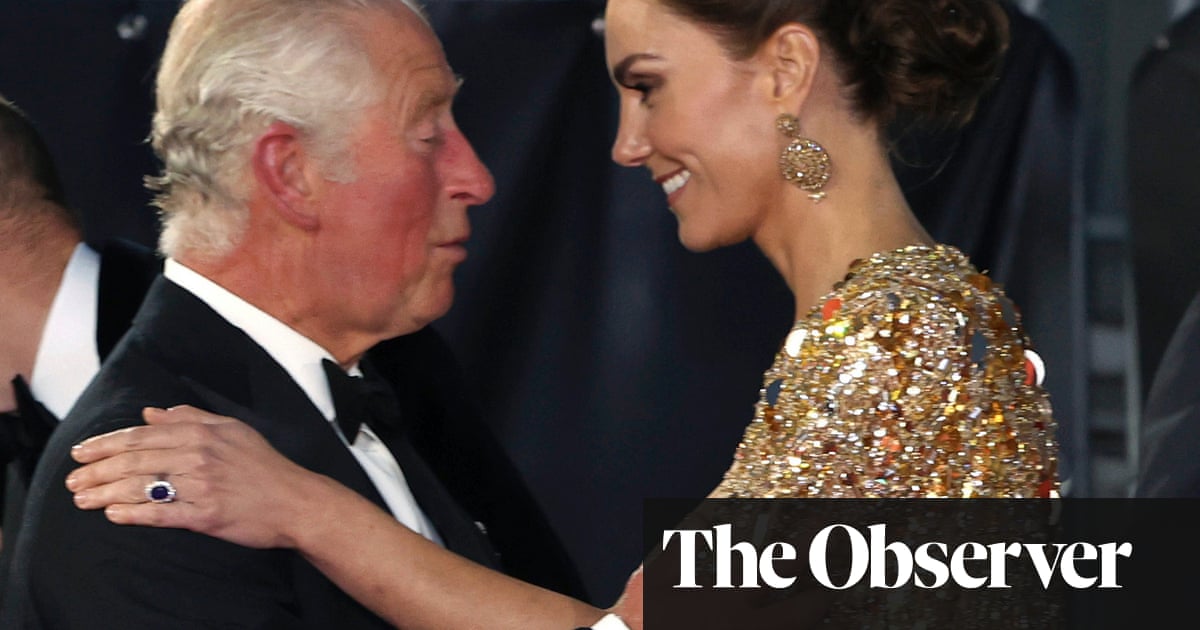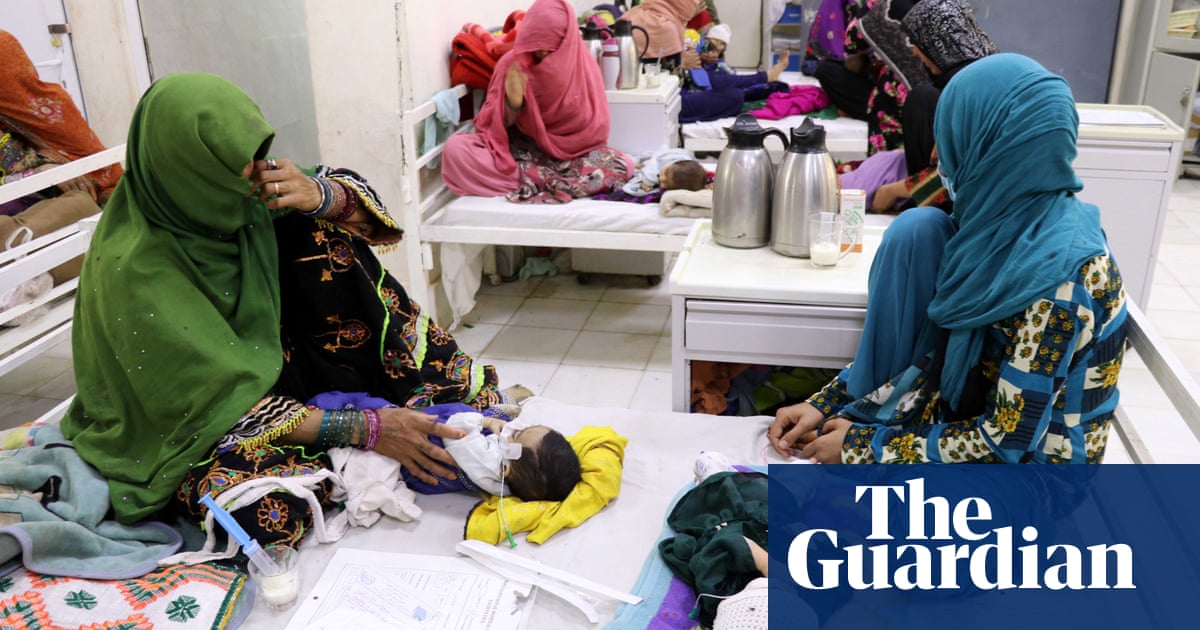
British arts institutions have been hit with a “triple whammy” of funding cuts since 2008 – as public, local government and business investment all fell steeply – leaving them vulnerable during the Covid-19 pandemic, according to a report.
The National Campaign for the Arts’ Arts Index survey, compiled in association with the Creative Industries Federation (CIF) and King’s College London, reveals that public funding for the arts per head of population fell by 35% since 2008, with local government investment decreasing by 43%.
As well as the drops in public funding and local government money, the report found that business sponsorship of the arts is down 39% since 2013, which it says equates to “tens of millions of pounds” disappearing from the arts economy.
The Arts Index’s starting point is 2008 and the financial crash, and it runs up to 2018 covering eight years of austerity. Another of its key findings is that arts organisations have become increasingly reliant on earned income (such as box office sales and venue hires), with a 47% rise since 2008.
Samuel West, the chair of the National Campaign for the Arts, said it was “bitterly ironic” that the arts sector’s “resourceful response” to the 2008 financial crash has exposed it during the Covid-19 crisis.
He said: “Arts organisations rose to the challenge following the financial crash; we salute them for increasing earned income in response to a triple whammy of cuts to public funding, business sponsorship and philanthropic giving.”
“Funders like Arts Council England (ACE) are being proactive and helpful; now we need a commitment from the government to a rescue plan and a public funding package that will enable our sector to survive the shutdown.”
Caroline Norbury MBE, the CEO of CIF, said the report made for “shocking reading” and that a recent CIF survey showed that only half of creative organisations believed they had reserves to last beyond June.
“With the impact of Covid-19, our creative industries will play a crucial role in regenerating our country, and in driving tourism and the wider economy, as we rebuild,” she said.
“There will be a need, more than ever, for those who can think the unimaginable and make it happen. But we can’t do that without urgent investment into our arts, in all parts of the UK.”
The report also found there has also been a 20% decline in arts subjects being studied at GCSE, after the World Economic Forum has repeatedly said “creativity” will be a vital skill for the coming decade.
Other key findings from the index were that there was real terms growth in revenues in the West End for most years from 2008 to 2018. Financial support from trust and foundations grew by 38% in four years from 2014 to 2018 but the increase was not sustained during 2017-18.
Baroness Deborah Bull, the vicepresident and vice-principal (London) and senior advisory fellow for culture at King’s College London, said the report showed the challenge the arts faced during the Covid-19 pandemic.
“In shining a light on the reduction in public, philanthropic and business sponsorship of the arts since 2008, as well as the decrease in creative and cultural education, it reveals the depth of the crisis the sector now faces,” she said. “The data within the Arts Index will provide invaluable learning from the past to help inform and support the sector’s future.”
CIF recently wrote a letter addressed to the chancellor and culture secretary, which appealed for urgent funding for creative organisations and professionals, and argued the government “cannot allow the UK to lose half of its creative businesses and become a cultural wasteland”.
Signatories of the letter also include Anish Kapoor, Jeremy Deller and Jonathan Pryce, who said many institutions were “falling through the gaps of existing government support measures”, which includes a £160m emergency response package from the ACE that gives artists access to cash grants of up to £2,500.












